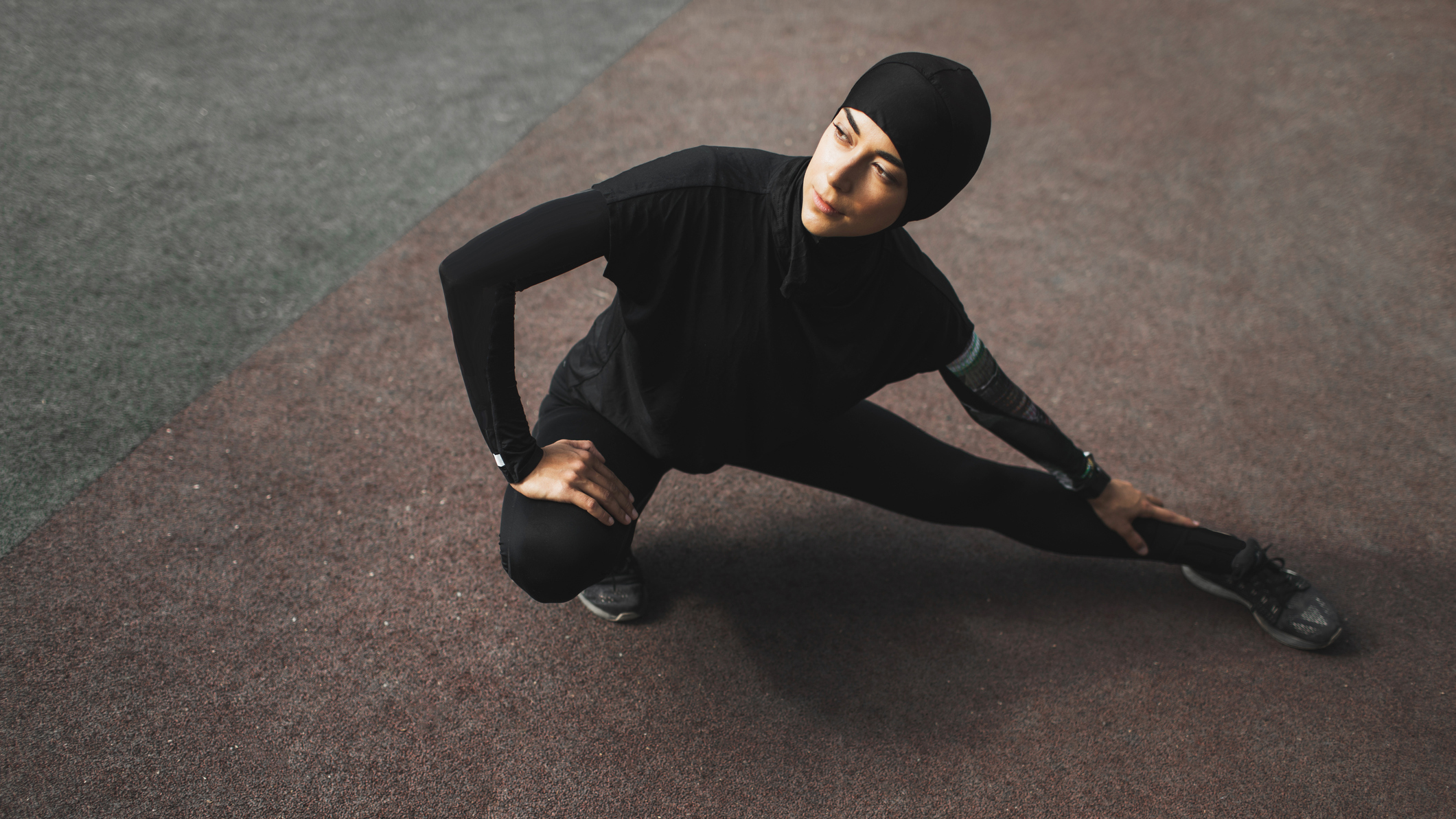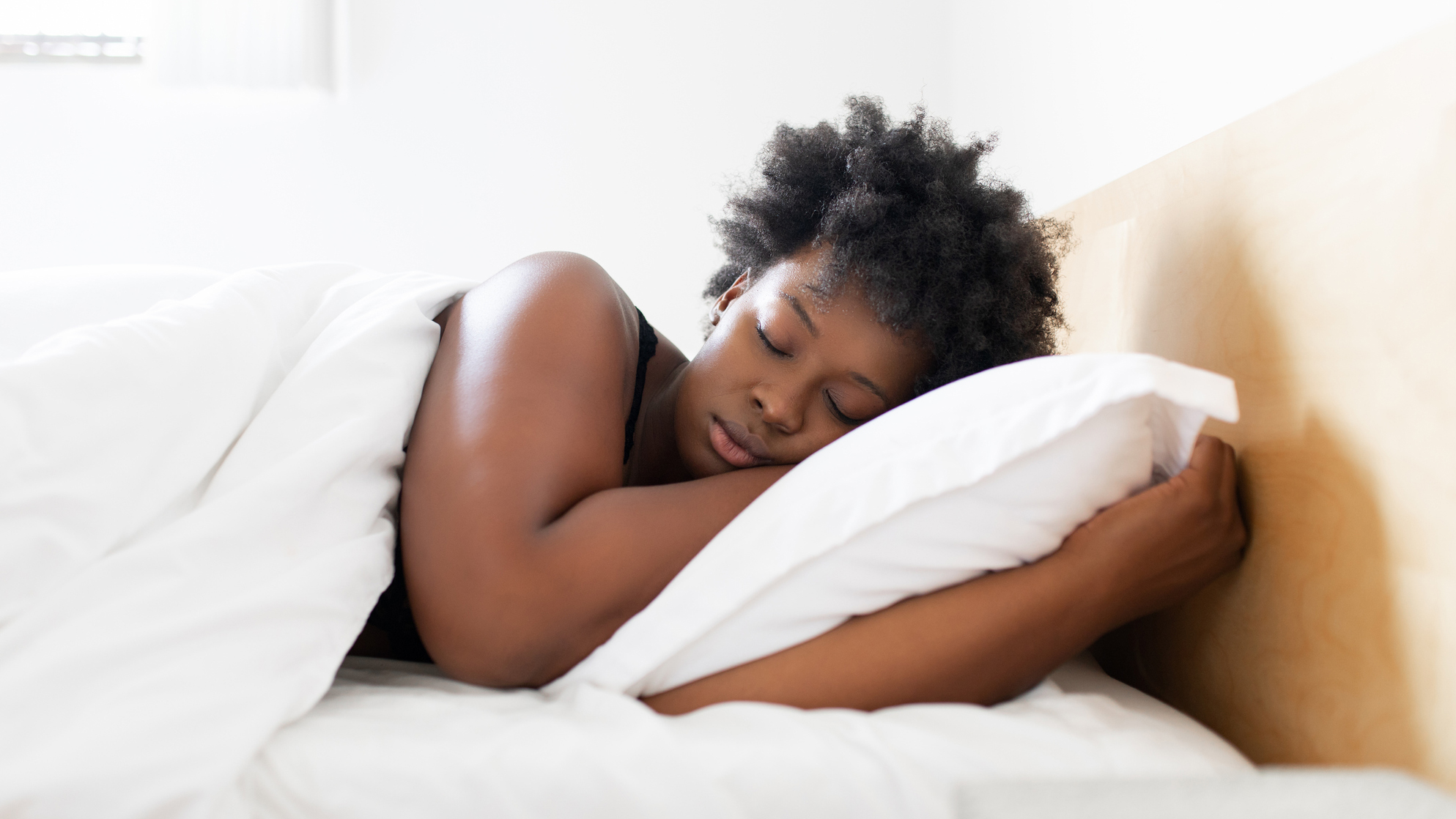Vigorous exercise can offset poor sleep, according to this study
Exercise such as HIIT workouts and running sessions counteract the negative effects of rough sleep, researchers say


Start your week with achievable workout ideas, health tips and wellbeing advice in your inbox.
You are now subscribed
Your newsletter sign-up was successful
How good is your sleep? Whether you're getting your information from one of the best fitness trackers, which can record your sleep quality, or you're just waking up at all hours, you know poor sleep can really impact our wellbeing.
You can try a few different ways to offset and improve your sleep, such as bolstering your sleeping environment with the best mattress toppers.
However, while you're trying to fix your sleep, there is a way to offset the harm poor sleep is doing to your body. Vigorous exercise, such as HIIT workouts, running or some of the best exercises for weight loss, can help according to the British Journal of Sports Medicine.
The researchers from the University of Sydney analyzed over 330,000 people from the UK over 11 years. It was found participants who exercised a lot and slept well were, unsurprisingly, 57% less likely to die early than those who exercised least and slept worst. The good news is that if you do sleep poorly, doing vigorous exercise can counteract the negative effects of your rough sleep.
Those with the worst sleep scores are reportedly 57% more likely to die early from a heart attack or stroke, and 45% more likely to die from cancer. Disturbing stuff.

But the good news is vigorous exercise can turn the tide. "Poor sleep was associated with a higher risk for all-cause and cause-specific mortality, and these risks were markedly exacerbated among participants with insufficient physical activity," write the study's authors.
"Meeting the lower threshold of the current physical activity guidelines eliminated most of the deleterious associations of poor sleep with mortality."
Start your week with achievable workout ideas, health tips and wellbeing advice in your inbox.
Current recommendations are to do 150 minutes of moderate physical activity each week. This could be running outdoors, spending time doing resistance training in the gym, or a relaxing yoga flow. Exercise also promotes better sleep according to researchers at John Hopkins University, so the good habits feed back into each other.
As well as exercise and a healthy diet, you could also try spritzing lavender oil from one of the best diffuser for essential oils, which is a scent that promotes healthy sleep. It's also advisable to turn your screens off at least an hour before bed, doing some light stretching or reading a book instead.
Matt Evans is an experienced health and fitness journalist and is currently Fitness and Wellbeing Editor at TechRadar, covering all things exercise and nutrition on Fit&Well's tech-focused sister site. Matt originally discovered exercise through martial arts: he holds a black belt in Karate and remains a keen runner, gym-goer, and infrequent yogi. His top fitness tip? Stretch.
